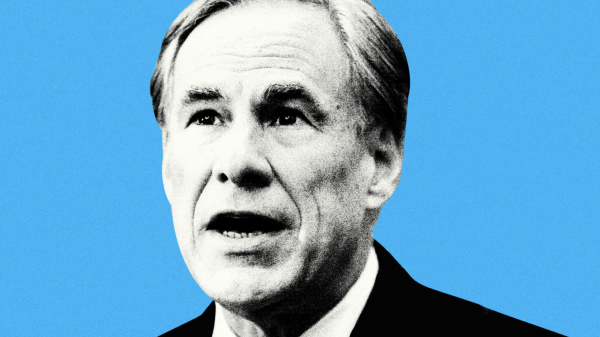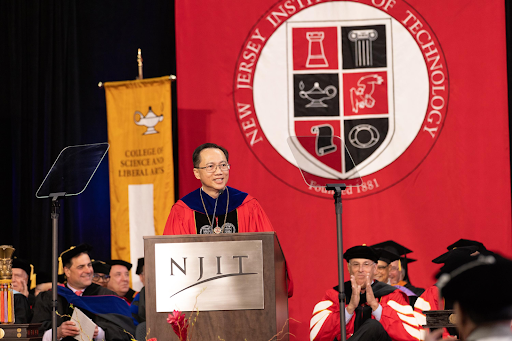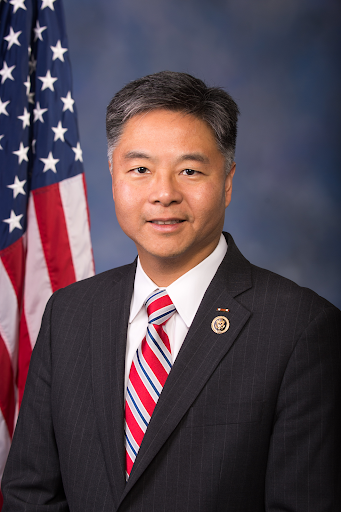New Jersey Increases its Minimum Wage
February 16, 2019
New Jersey will raise the minimum wage in increments until it reaches $15 an hour in 2024, which is nearly double the current one at $8.45 an hour. The schedules for minimum wage increases take longer for seasonal and agricultural workers. The legislative committee has approved the bill, but Governor Phil Murphy must sign the legislation into law after a vote from the Senate and Full Assembly.
An increase in minimum wage to $15 an hour has been on the Democratic Party’s agenda for years, and New Jersey follows the lead of California, Massachusetts, and New York on this issue. Not only has Governor Phil Murphy championed a $15 minimum wage in his election promises, but he has also emphasized its importance in his recent State of the State address. He underscores that the policy will “give more than one million families a stronger foothold in the middle class” and empower “those who aspire to enter the middle class the means to do so.” Furthermore, he accentuates that the legislation will spur investment in other areas, such as education and infrastructure.
The policy’s benefits include a rise in the consumer power of the working class. By increasing the amount of workers’ disposable income, the minimum wage improves their quality of life and alleviates poverty. Another effect is stimulation of the economy. Vikram Agrawal ‘20 comments that “This change is long overdue – it will boost consumer spending, expand GDP, and keep us on the upswing of the business cycle.” Many believe this will be a boon for the economy, enabling us to spend more and prevent future recessions.
However, the legislation could have unintended consequences on the economy. Michelle Zhu ‘19 notices that an increase in operating costs can “disproportionately impact small businesses because they already have a difficult time paying their workers, especially compared to large corporations.” The greater costs could also deter businesses from investing and expanding in New Jersey and cause consumers to pay higher prices for products and services. Businesses could also shift to automation and reduce the amount of their employees to maximize their profits, which creates greater unemployment.
New Jersey’s stance on the minimum wage is part of a broader national movement to bolster the working class, but controversy continues to enshroud the issue. As the state implements the policy over the next few years, the changes will definitely make a mark on the lives of the minimum wage workers and the economy as a whole.
Sources:









